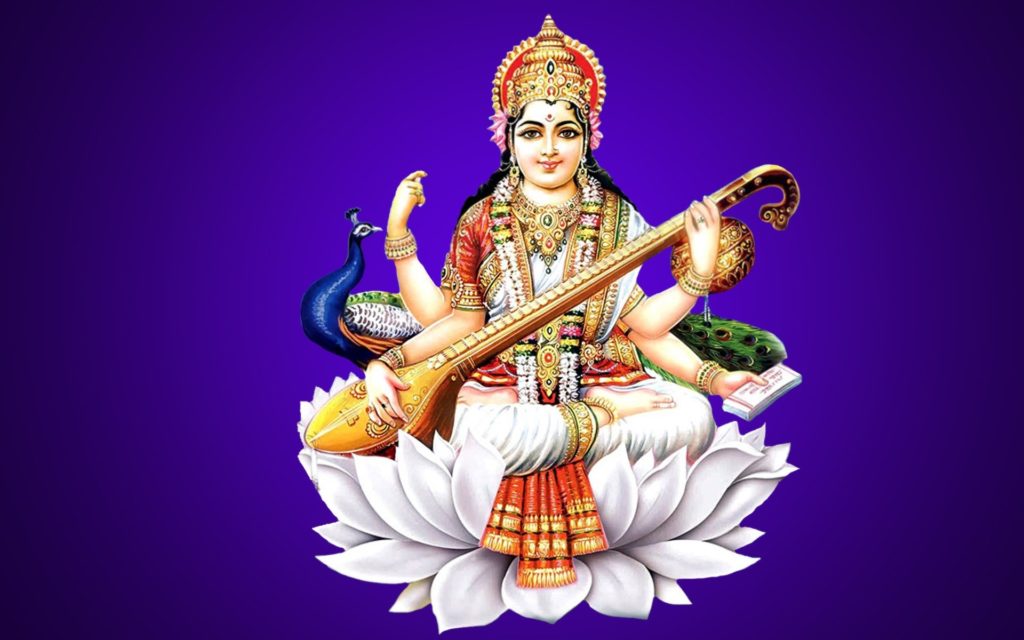Kathmandu – The nation is observing the annual Basant Panchami festival today with great devotion, marked by the worship of Goddess Saraswati, the deity of wisdom, knowledge, and learning. Basant Panchami, celebrated on the fifth day of the waxing moon in the Nepali month of Magh, heralds the arrival of spring and holds immense religious and cultural significance.
In Kathmandu, a ceremonial Basant Shravan was conducted at Nasal Chowk, Hanuman Dhoka, at the auspicious time of 7:55 AM, as determined by the Nepal Panchang Decision Making Committee. The program was graced by President Ram Chandra Poudel, alongside dignitaries including Vice President Ram Sahay Prasad Yadav, Prime Minister KP Sharma Oli, Deputy Prime Ministers Prakash Man Singh and Bishnu Prasad Poudel, and several ministers, parliamentarians, and officials from constitutional bodies. The Hanuman Dhoka Durbar Care Office confirmed that all arrangements for the event were completed successfully.
Saraswati Puja Highlights Nationwide
Across the country, devotees are paying homage to Goddess Saraswati, revered as the source of knowledge and creativity. Temples dedicated to her, such as those in Dillibazar, Maitidevi, Swayambhu, Gairidhara (Neel Saraswati) in Kathmandu, Lele in Lalitpur, and others in various districts, saw large crowds from early morning.
The day holds special importance for students, teachers, writers, artists, and journalists, who worship their tools of learning and creation, such as pens, notebooks, musical instruments, and brushes, as symbols of Saraswati. Devotees also believe that consuming seven grains of rice offered to the goddess invokes wisdom and enlightenment.
Cultural and Religious Significance
Basant Panchami marks the onset of spring, symbolizing renewal and growth. In the Rigveda, Goddess Saraswati, also known as Vagdevi, is portrayed as the consort of Lord Brahma and a source of all wisdom, knowledge, and intellect. It is believed that worshiping Saraswati on this day helps devotees attain spiritual and intellectual growth.
Traditionally, the day is deemed auspicious for initiating children’s education, known as Vidyarambha, as well as for performing sacred ceremonies like Bratabandha, Gufa, and Bel Bibaha (Ihi) without consulting astrologers for a specific time. Ear and nose piercing ceremonies are also considered favorable today.
The festival also resonates with Nepal’s rich cultural heritage, uniting people from all walks of life in their devotion to Saraswati and their celebration of the change of seasons.
As Basant Panchami continues to inspire learning and wisdom across the nation, its timeless significance remains a cornerstone of Nepal’s cultural and spiritual identity.